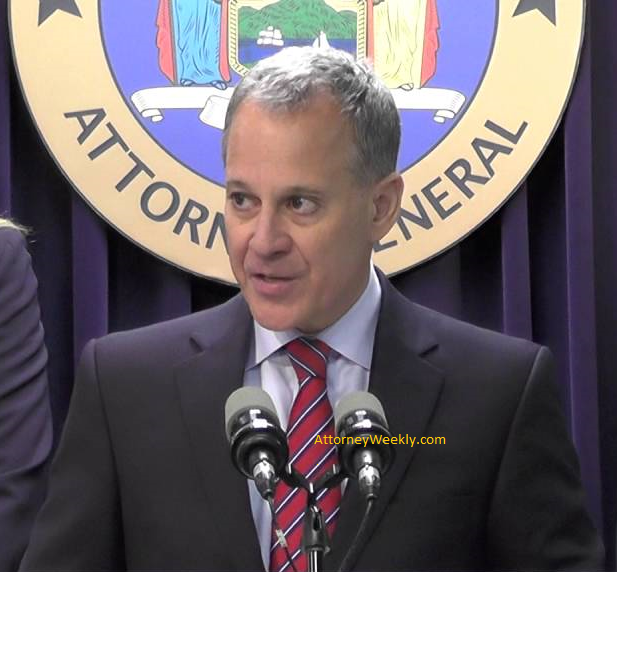A.G. Schneiderman Announces Settlements with Three Mobile Health Application Developers For Misleading Marketing And Privacy Practices
New York- Attorney General Eric T. Schneiderman announced settlements with three well-liked health-related applications sold in Apple’s App Store and Google Play. These claims included misleading advertising and irresponsible privacy practices. The settlement follows a long investigation of mobile phone health apps and requires the concerned companies and developers to alter misleading statements about their applications and change their privacy policies to better guard consumers, and making it clear that their applications are not approved by the U.S Food and Drug Administration
because these are not medical devices.
Health-related apps have become more and more popular in recent years. However, a narrower division of these apps claim to calculate vital signs and other health indicators using only a smart-phone, which can be detrimental to consumers if they provide inaccurate answers.
“Mobile health apps can benefit consumers if they function as advertised, do not make misleading claims, and protect sensitive user information,” said Attorney General Schneiderman. “However, my office will not hesitate to take action against developers that disseminate unfounded information that is both deceptive and potentially harmful to everyday consumers.”
The Attorney General’s search exposed that two app developers claimed that their applications precisely calculated heart rate after hearty exercise using only a camera and sensors. Another developer asserted that its app altered a smart-phone into a fetal heart monitor and so could be used to hear an unborn baby’s heart rate, which was never proven. The three developers originally advertised these apps without having enough information to support their claims, but have cooperated with the Office of the
Attorney General to amend their marketing, user warnings and privacy practices.
The Attorney General today announces settlements with the following app developers:
-Cardiio, an American company that sells Cardiio, an app downloaded hundreds of thousands of times that claims to measure heart rate. The developer had not tested its accuracy with users who had engaged in vigorous exercise, despite marketing the app for that purpose. The developer also is leadingly implied that the app was endorsed by MIT.
– Runtastic, an Austria-based company that sells Runtastic, an app that purports to measure heart rate and cardiovascular performance under stress. Yet the developer failed to test its accuracy with users who had engaged in vigorous exercise, despite marketing the app for that purpose to the 1 million people who downloaded it.
– Matis, an Israel-based company that sells My Baby’s Beat, an app downloaded hundreds of thousands of times, which Matis previously claimed could turn any smartphone into a fetal heart monitor, despite the fact that it has never been approved by the FDA. Although Matis exhorted consumers to use My Baby’s Beat rather than a fetal heart monitor or Doppler, it never conducted, for example, a comparison to a fetal heart monitor, Doppler, or any other device that had been scientifically proven to amplify the sound of a fetal heartbeat.
The developers agreed to cooperate with the Attorney General’s settlement and have worked on providing more information about testing these apps, and alter the way they advertise them, in attempts to not mislead the users. Also developers are required to pay $30K in combined fines to the Attorney General’s office.
The investigation was conducted by Assistant Attorney General Michael D. Reisman of the Health Care Bureau, with assistance from Volunteer Assistant Attorney General Laura Puhala, Investigator Crystal Combs, and Former Investigator Michael Yun. The Health Care Bureau is led by Bureau Chief Lisa Landau. The Health Care Bureau is part of the Division of Social Justice led by Executive Deputy Attorney General for Social Justice Alvin Bragg.















